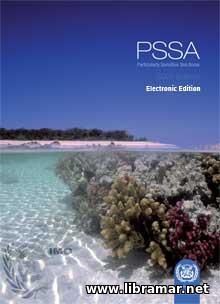
Nowadays, there are too many incidents in the maritime shipping industry attributed to the poor practices established in the packing of CTU, i.e. cargo transport units. These would normally include incorrect cargo securing, overloading, wrong declaration etc. All of them are of utmost importance taking into account that the victims of the subject incidents may include general public as well as the workers of the transport and supply chain having no control over the process of packing.
The present Code is a publication developed jointly by the IMO, ILO and UNECE, standing for the UN Economic Commission for Europe, in order to address the above stated concerns and produce requirements for the proper packing and handling of the shipping containers for their marine transportation. The first three chapters of the document provide general introduction, definitions used in the text and key requirements.
The chains of information and responsibility is dealt with further together with the general transportation conditions. The following two chapters cover the properties and suitability of the CTU. The rest of chapters focus on the arrival and checking, positioning of cargo transport units, packing cargo, training issues and also give some additional advice on packing, receipt and unpacking of the units.






